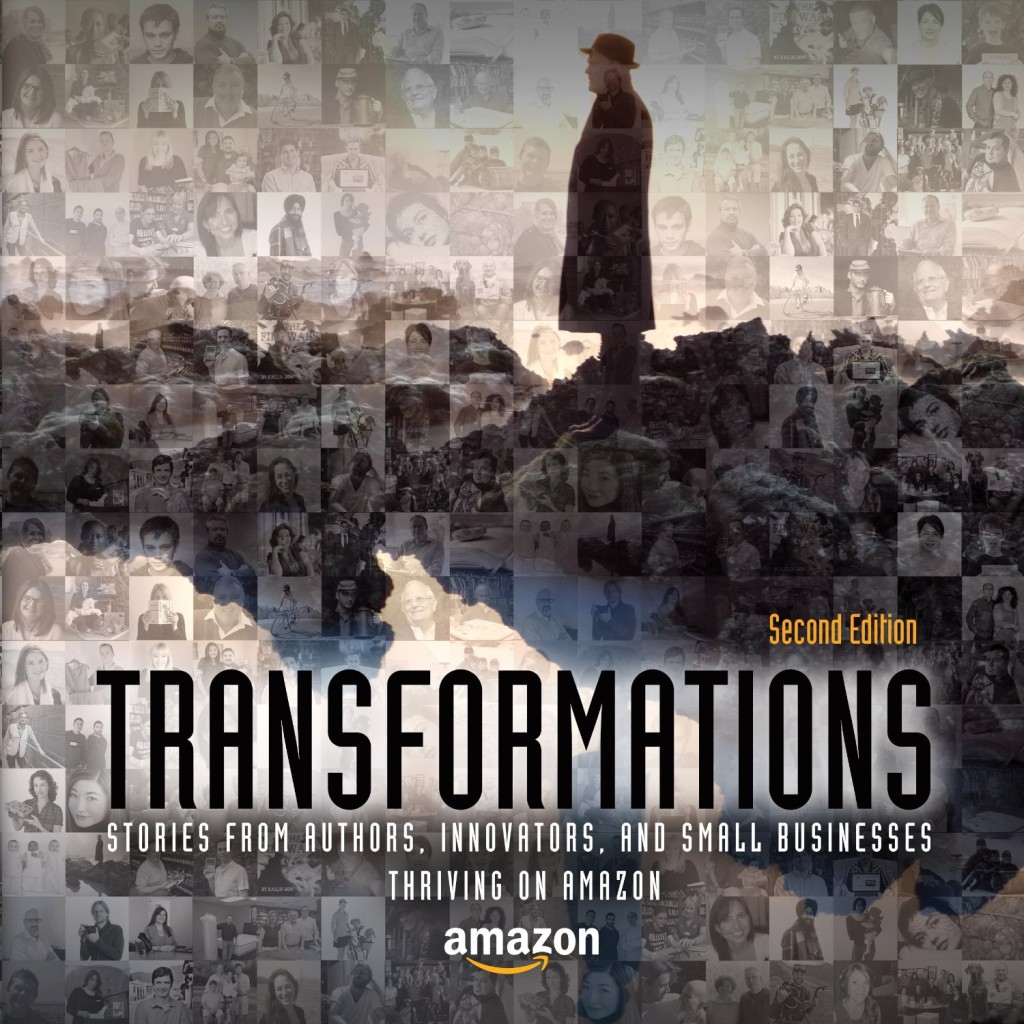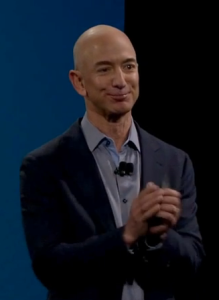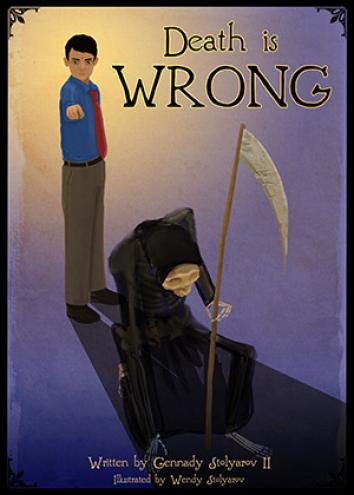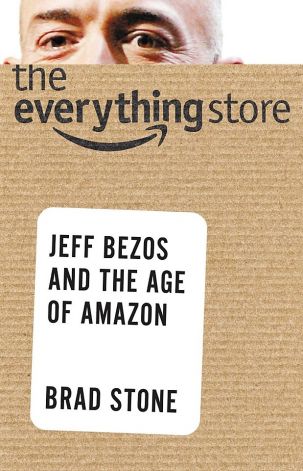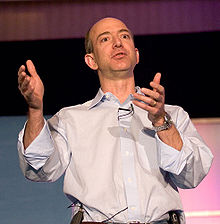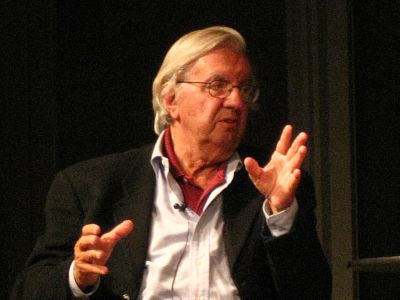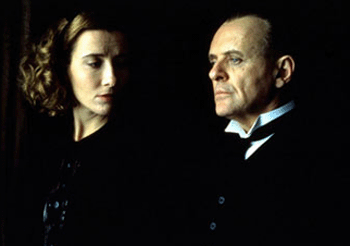
I loved all the personal stories that Jeff Bezos shared in a speech I found on the web last week. He delivered the speech in 2001 to an audience of young aspiring entrepreneurs. And at one point, he shares a fond remembrance of the library where he’d read books as a teenager — and reveals his favorite book.
tinyurl.com/JeffBezosRemembers
His parents were in the audience that day, and Jeff Bezos remembers one important fact about his own childhood. “My parents will attest to the fact that I was difficult to punish as a child, because I was quite happy to be grounded — to stay in my room and read!” But then one member of the audience asked him a personal question. You sell a lot of books — but do you ever read them?
Jeff answers yes, but then surprises the audience by revealing that to this day, at least half of the books he reads are science fiction. It seems logical, since he grew up to be a successful and celebrated visionary — but he traces his preference to the summers he spent on his grandfather’s ranch. His grandfather lived in Texas, and Bezos spent some summers there as a teenager, in a tiny town of 3,000 people — with its own tiny library. Books were donated by the townspeople, and a third of the collection was science fiction, “because there was this one guy in town who loved science fiction.”
Decades later, maybe that was in his mind when he made his fateful decision to start Amazon.com. He’d made a list of 26 possible products — “the first, best product to sell online” — studying a list of all the top products being sold by mail order. There was clothing, music, videos, computer software and hardware. And it’s fascinating to see that in the years since, Amazon has since gone on to sell all of them…
But were those science fiction books in his mind when he decided that the first product they’d sell would be books? Bezos listed out the practical business case for an online bookstore “There are literally millions of different books in print at any given time, and computers are good at organizing such large selections of products. You could build something online that literally couldn’t be built any other way.” (Imagine trying to print a paper catalog with every title, Bezos tells the crowd or a physical bookstore with copies of everything!)
After all that, Jeff Bezos still loves curling up with a good science fiction book, he tells the crowd, saying it still accounts for at least half of the books he reads. But then he reveals to the audience what his favorite novel is. Remains of the Day — the story of a butler who looks back over his life wondering if he missed an opportunity which will never come again. The 1989 book is an award-winning literary novel, but it would never be described as science fiction. “My wife inflicts good fiction on me every once in a while,” he jokes to the audience.
“Which I always end up loving…”

